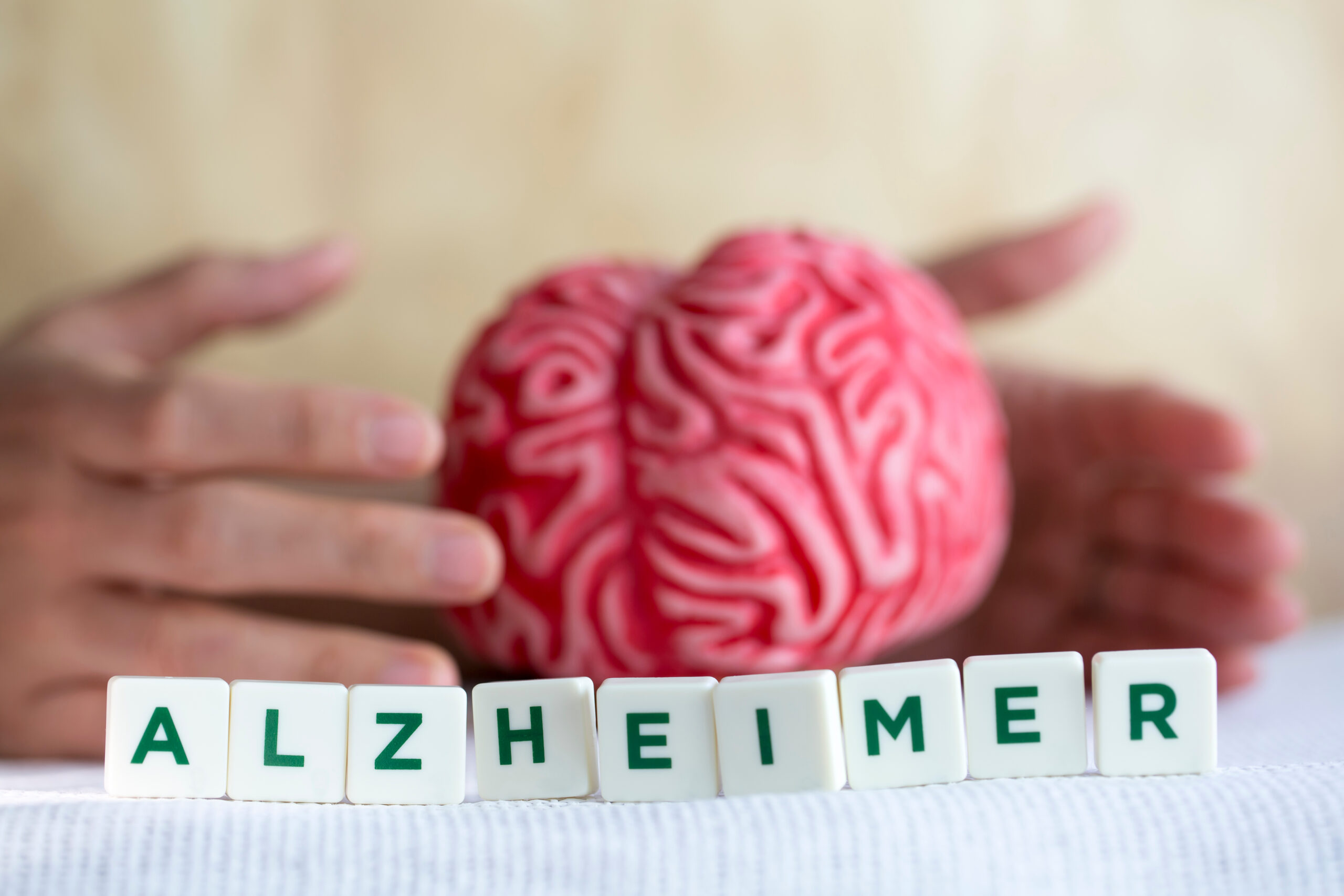The Shocking Truth About Dementia and Alcohol Use
### The Shocking Truth About Dementia and Alcohol Use
Dementia is a serious condition that affects millions of people worldwide. It is characterized by a decline in cognitive function, including memory loss, difficulty with decision-making, and impaired motor coordination. While there are various causes of dementia, one of the most significant and preventable factors is alcohol use.
### How Alcohol Affects the Brain
Alcohol is a powerful substance that can profoundly affect the brain. When you drink excessively, it disrupts the brain’s communication pathways and can lead to significant changes in brain structure and function. Here are some key ways alcohol impacts the brain:
– **Memory Loss**: Alcohol damages neural pathways involved in memory formation and recall. This results in severe short-term and long-term memory loss, which is a hallmark of alcoholic dementia[1].
– **Brain Atrophy**: Prolonged alcohol consumption leads to the shrinking of brain tissue, particularly in areas responsible for memory and cognition, such as the hippocampus. This atrophy disrupts cognitive processes and accelerates the progression of dementia[1].
– **Reduced Executive Function**: Alcohol-related damage to the frontal lobe impairs decision-making, planning, and problem-solving skills. Individuals with alcoholic dementia struggle with tasks requiring focus, organization, and complex thought[1].
– **Motor Dysfunction**: Alcohol abuse disrupts coordination and balance by damaging the cerebellum, leading to motor difficulties such as poor gait and tremors, common in alcoholic dementia patients[1].
### The Stages of Alcoholic Dementia
Alcoholic dementia progresses through several stages, each marked by the gradual worsening of symptoms. Here’s a breakdown of the stages:
– **Early Stage**: Mild memory loss, difficulty concentrating, occasional confusion, and social withdrawal are common symptoms in the early stage[1].
– **Middle Stage**: Symptoms become more pronounced, including impaired goal-setting, poor decision-making, and mood alterations like irritability or anxiety[1].
– **Late Stage**: Severe neurological and behavioral dysfunctions occur, including hallucinations, disorientation, and significant mood swings[1].
### Is Alcoholic Dementia Reversible?
While some cognitive refinement can occur with abstinence from alcohol and adequate nutritional support, the destruction of brain cells, especially in areas for memory and cognition, is often permanent. However, stopping alcohol consumption can halt further deterioration and potentially lead to partial or even full recovery, especially in the early stages[1].
### The Benefits of Sobriety
Cutting down on or quitting alcohol can significantly improve brain health. Here are some benefits:
– **Enhanced Concentration**: Reducing or stopping alcohol intake often results in enhanced concentration and better mental health, indicating improved brain health[2].
– **Improved Mental Health**: Sobriety can lead to improvements in mood and memory, particularly short-term memory. It also reduces the risk of depression and anxiety[2].
– **Brain Repair**: When you stop drinking, the brain starts to repair and rebuild damaged neural connections. This can lead to increases in the volumes of brain regions important for decision-making and drug craving[2].
### Conclusion
Alcohol use is a significant risk factor for dementia, and the effects can be both immediate and long-term. Understanding the impact of alcohol on the brain can help individuals make informed decisions about their health. By cutting down on or quitting alcohol, individuals can potentially reverse some of the damage and improve their cognitive function. If you or someone you know is struggling with alcohol use, seeking professional help is crucial for managing the condition and preventing further complications.
Remember, it’s never too late to make a change and improve your brain health.





